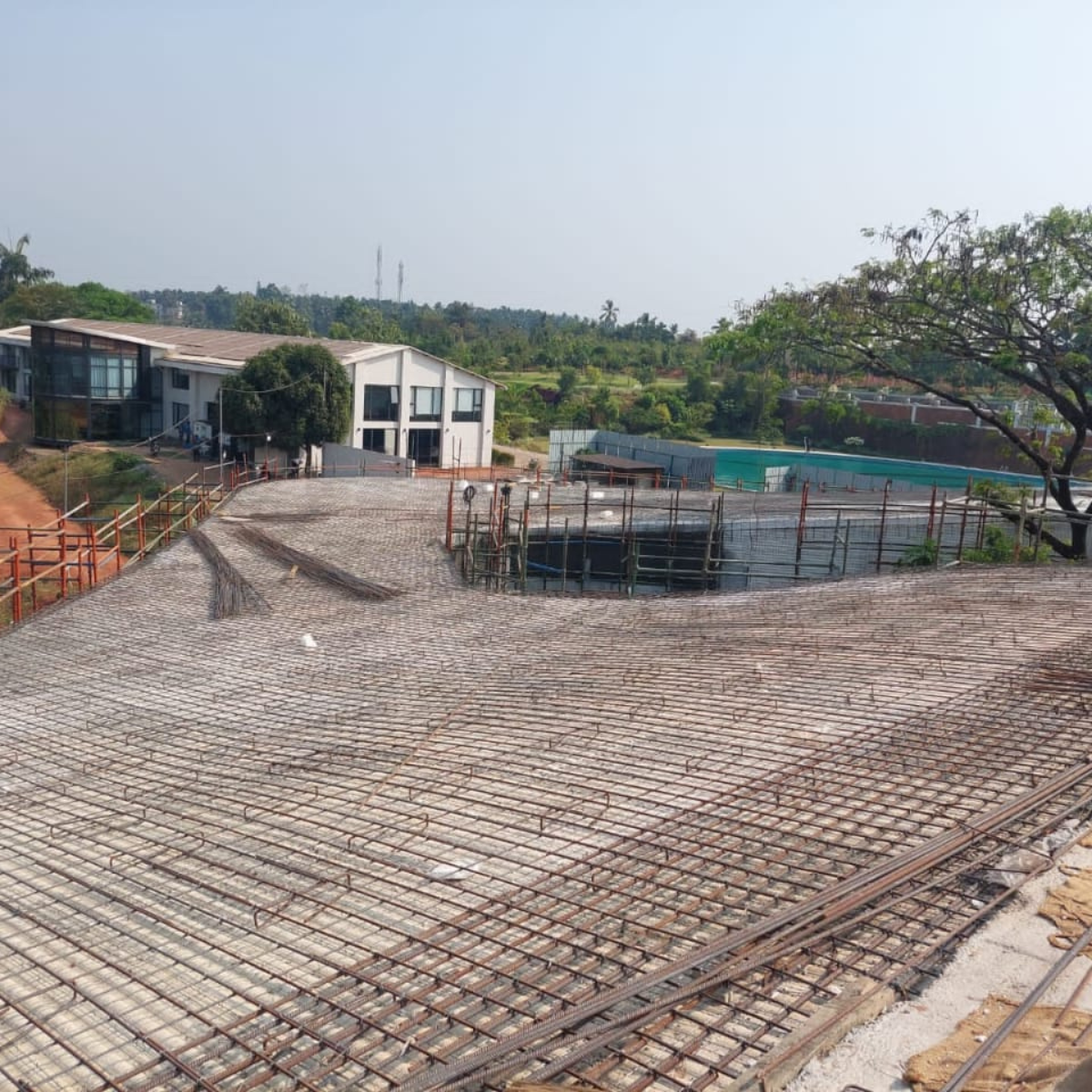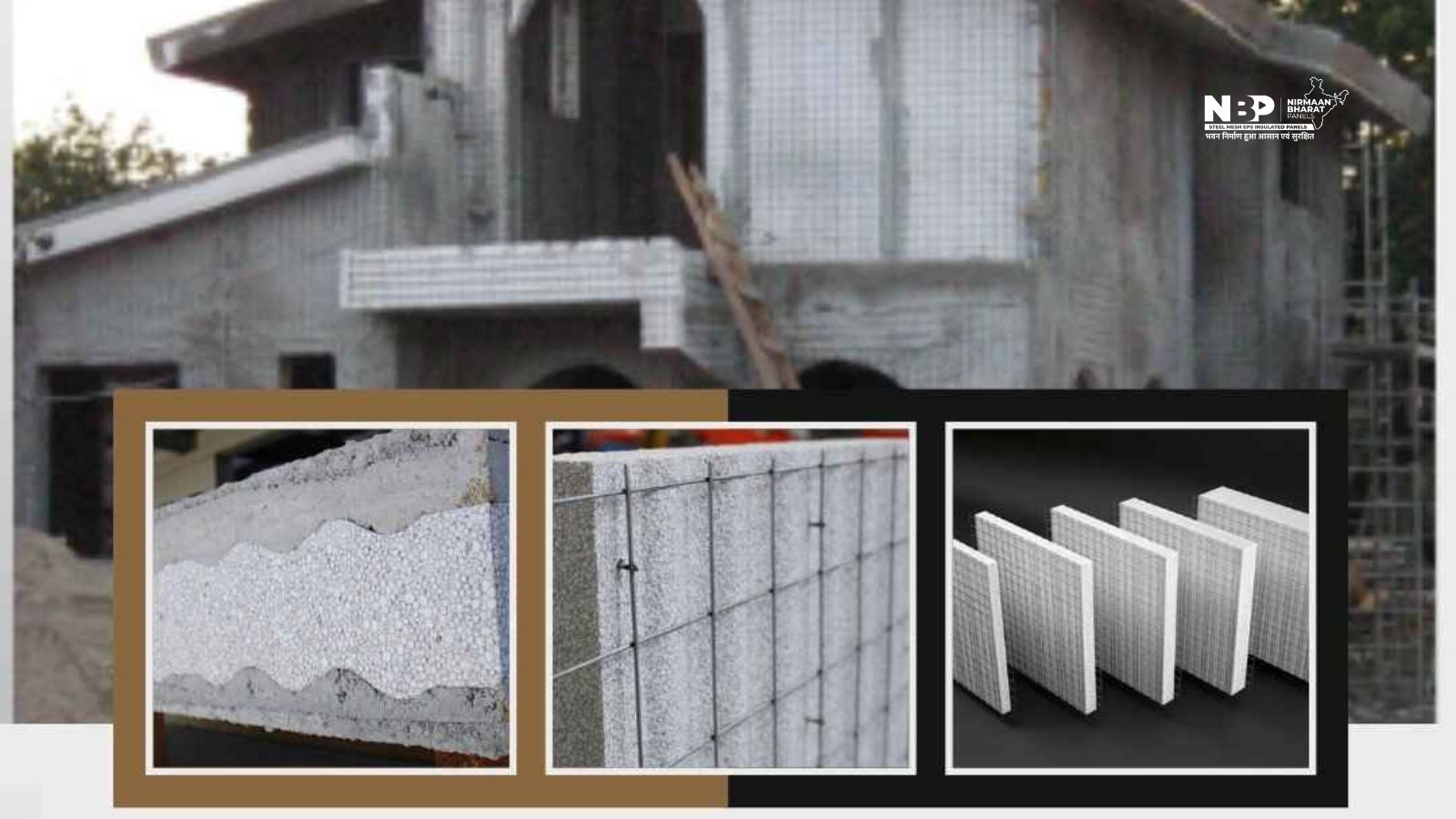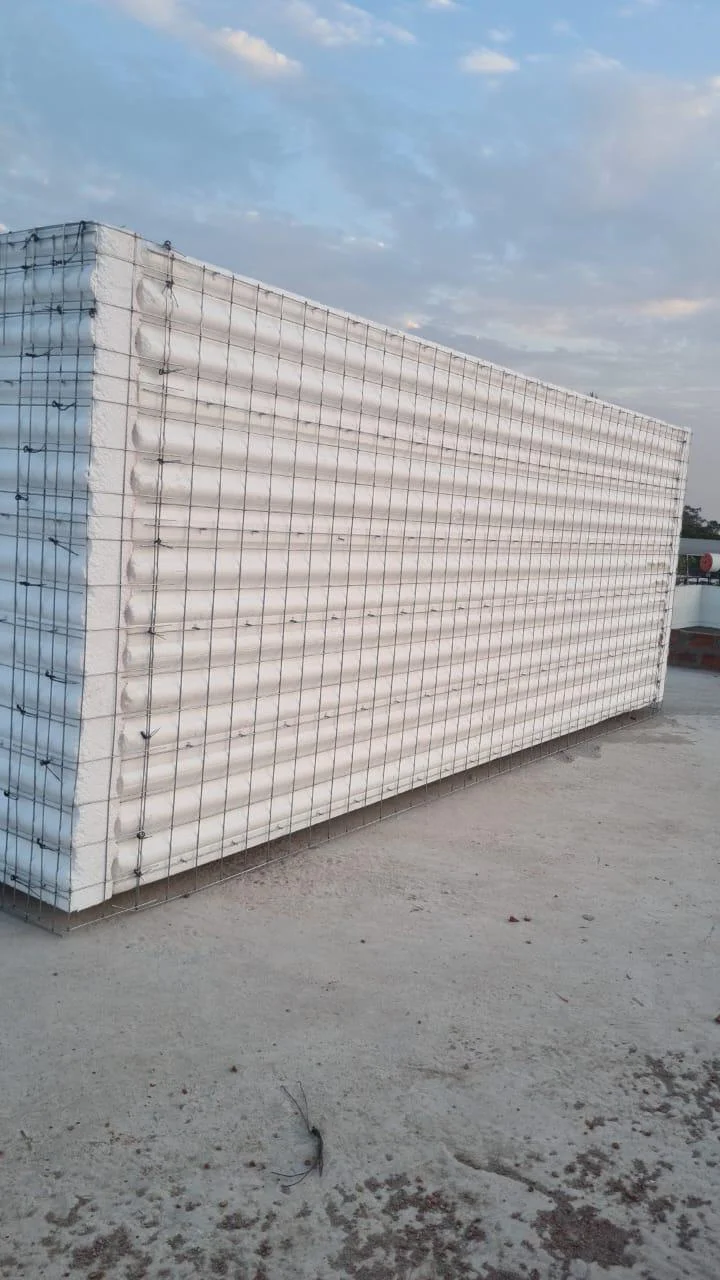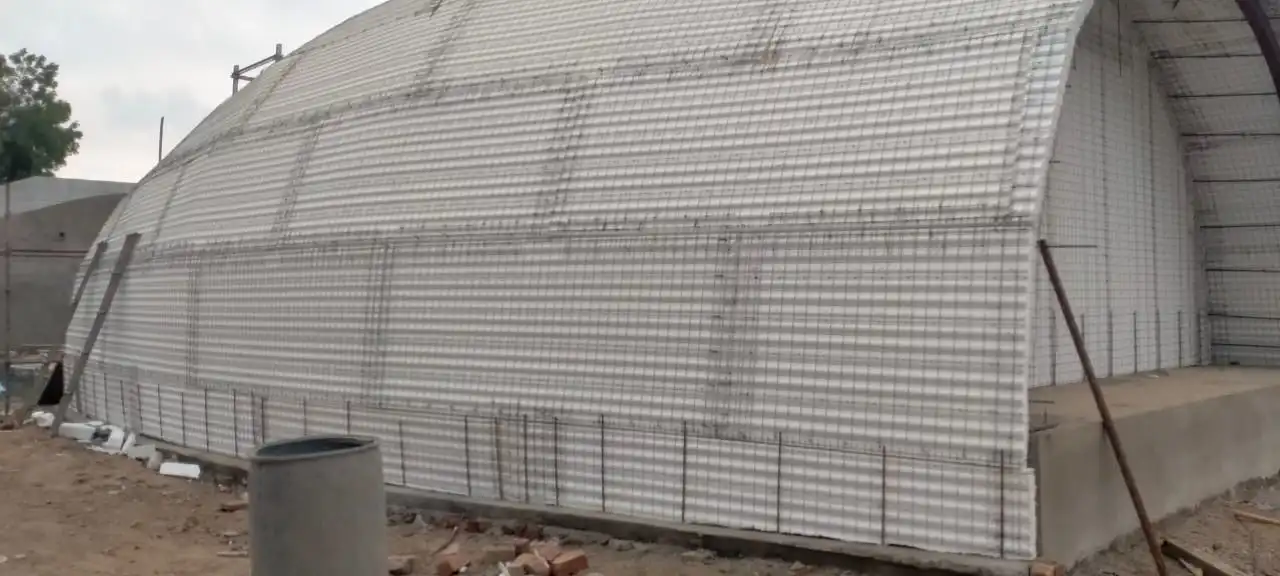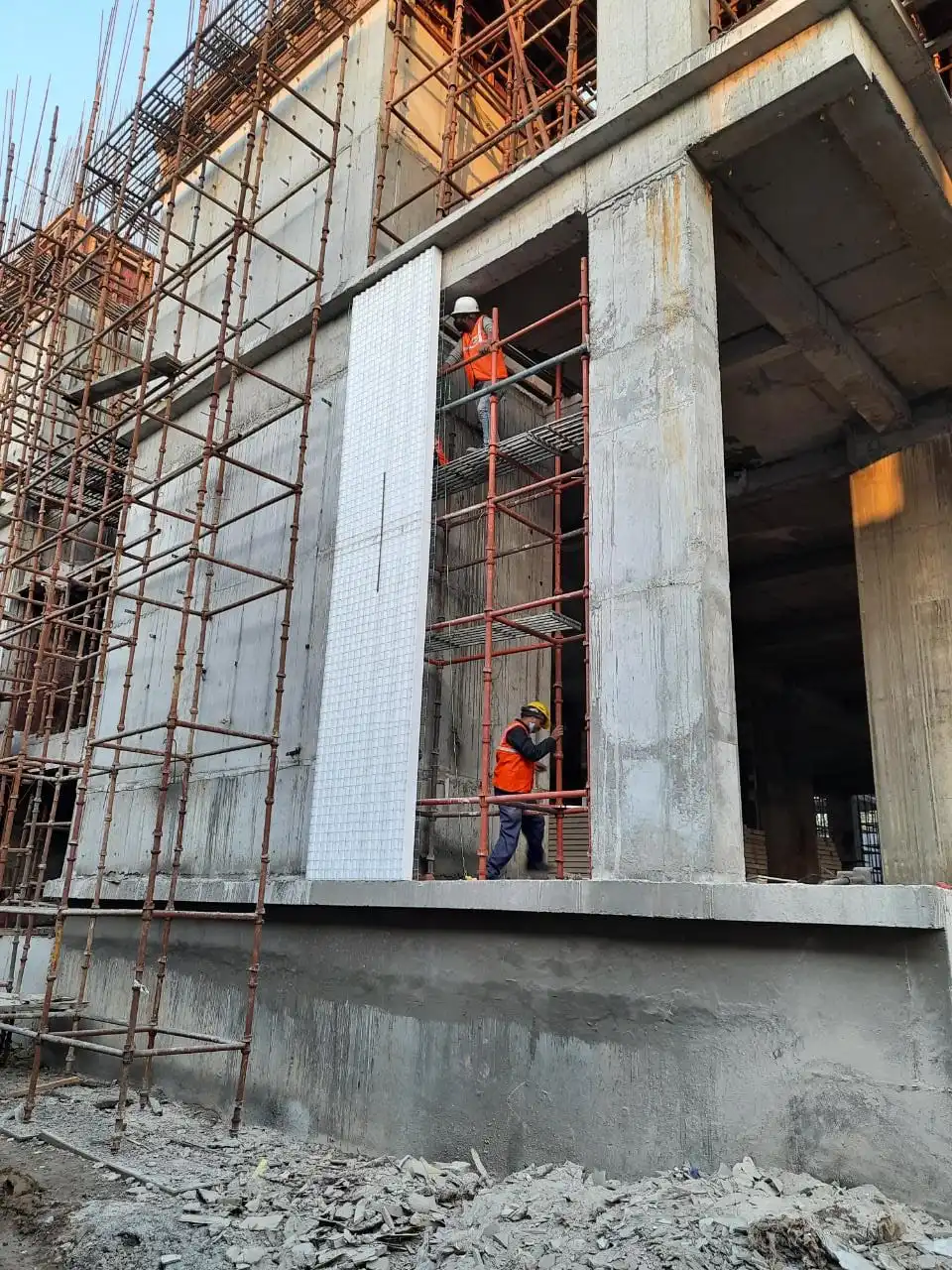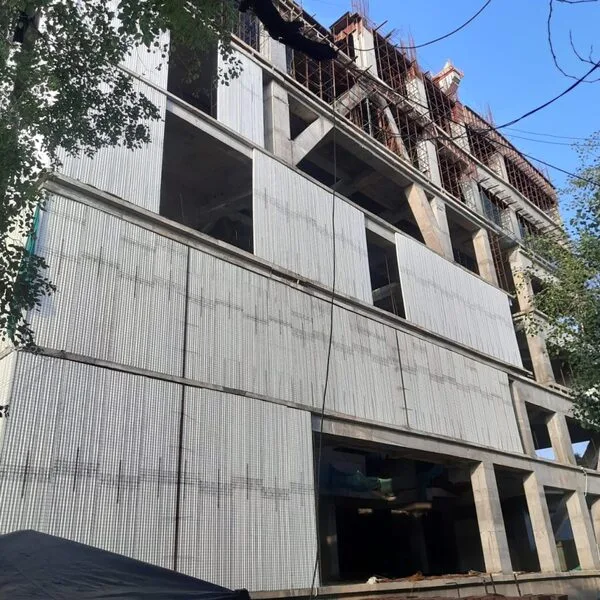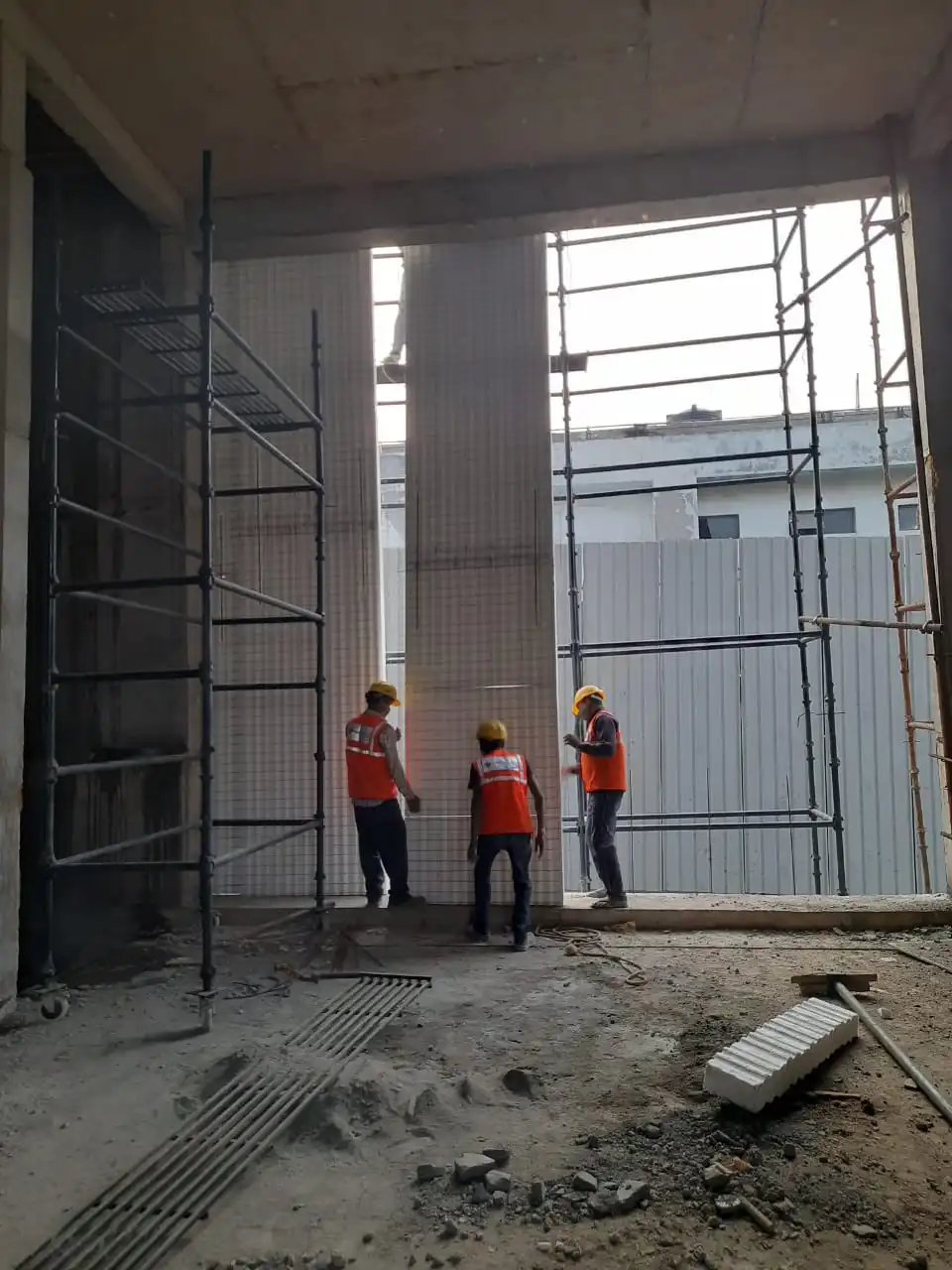EPS (Expanded Polystyrene) panel homes are revolutionizing the way we think about sustainable and efficient living spaces. These innovative structures offer numerous benefits that cater to the needs of environmentally-conscious individuals and families.
Table of Contents
ToggleSustainable Construction Practices
EPS panel homes are built using prefabricated panels made from expanded polystyrene foam, a material known for its thermal insulation properties and eco-friendliness. Here’s how EPS panel homes contribute to sustainable construction practices:
Energy Efficiency: The exceptional thermal insulation provided by EPS panels helps regulate indoor temperatures, reducing the need for excessive heating or cooling. This translates to lower energy consumption and reduced carbon emissions, making EPS panel homes environmentally friendly.
Recyclable Material: Expanded polystyrene foam used in EPS panels is recyclable, minimizing waste and environmental impact during both manufacturing and disposal processes. This sustainable approach aligns with the principles of circular economy and resource conservation.
Minimal Environmental Footprint: EPS panel homes require fewer natural resources and produce less construction waste compared to traditional building methods. By minimizing environmental footprint, these homes contribute to a healthier planet for current and future generations.
Efficient Living Spaces
Apart from their sustainable attributes, EPS panel homes offer several features that enhance livability and comfort:
Quick Construction: The prefabricated nature of EPS panels allows for rapid construction, reducing build times and associated costs. Homeowners can move into their new EPS panel homes sooner, enjoying the benefits of efficient living spaces without lengthy construction delays.
Customization Options: EPS panel homes can be customized to suit individual preferences and architectural styles. From single-family residences to multi-unit dwellings, these homes offer flexibility in design and layout, accommodating diverse needs and lifestyles.
Durability and Longevity: EPS panel homes are structurally sound and resistant to pests, mold, and moisture damage. With proper maintenance, they can withstand the test of time, providing occupants with safe and comfortable living environments for years to come.
Conclusion
EPS panel homes represent a sustainable and efficient housing solution for the modern era. By prioritizing energy efficiency, recyclability, and durability, these homes offer homeowners the opportunity to live more sustainably while enjoying the benefits of comfortable and functional living spaces. As awareness of environmental issues continues to grow, EPS panel homes are poised to play a key role in shaping the future of residential construction.


